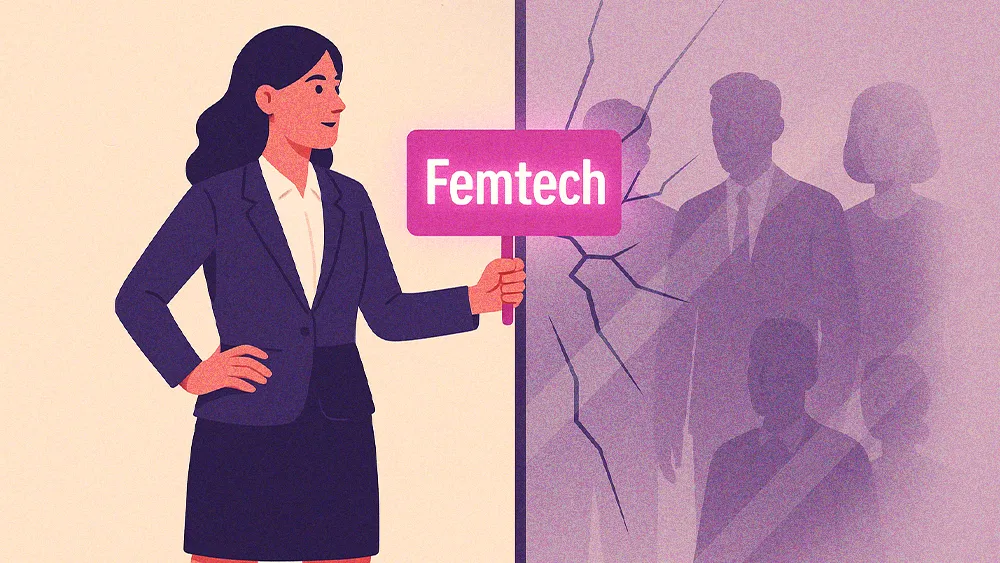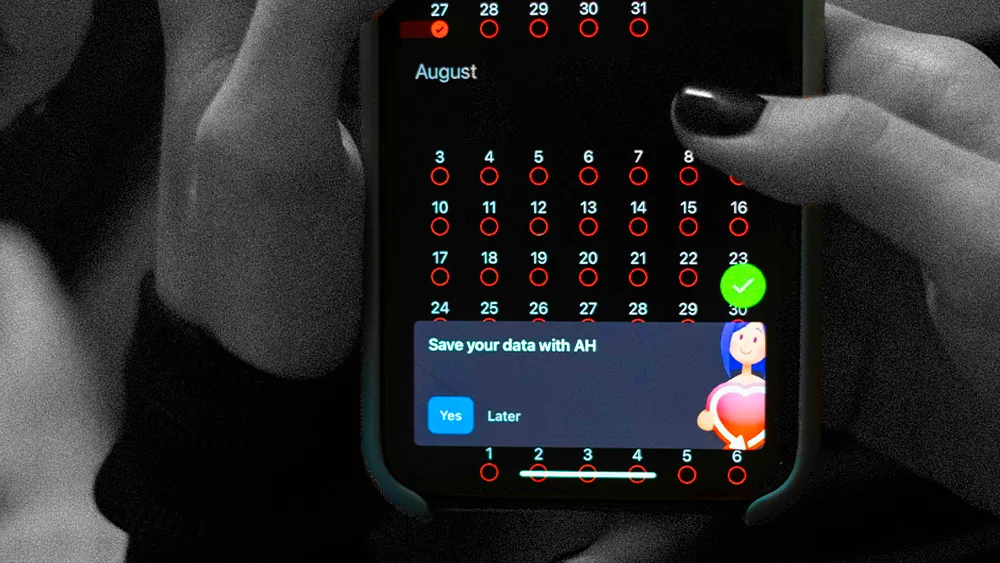AI offers early fertility insights, enabling proactive planning and reducing reliance on crisis response.
Author Cheri Bergeron highlights AI's potential to provide emotional support during fertility challenges.
AI technology surpasses traditional methods in detecting viable sperm, aiding in male infertility cases.
The high cost of IVF could be mitigated by AI-driven smarter planning and efficient treatments.
Bergeron calls for early fertility education to empower women in their family planning decisions.
AI is rewriting the fertility timeline by offering what traditional medicine hasn’t: early warnings, real-time support, and a chance to plan before biology takes over. While AI has recently seen some negative press for potentially over-reaching outcomes, the new technology is safely being leveraged by experts at every stage of the fertility journey.
Cheri Bergeron is the author of Mission: Motherhood and a former marketing leader for tech giants like IBM. Her decade-long path to parenthood now drives her work at the intersection of fertility, technology, and informed choice.
Fertility forecast: "Just as genetic testing shows disease predispositions, AI could show your fertility disposition," Bergeron says. She envisions a future where women gain early insight into egg quality and reproductive aging well before current methods can detect issues. "AI might be able to tell you your biological clock is ticking faster than average, and you may want that information now," she explains. "Women deserve to be informed much earlier in the process. We need to treat it like sex ed—give information before it’s needed." That kind of knowledge, delivered during key life and career decisions, shifts the experience from crisis response to proactive planning.
The price of parenthood: AI’s most unexpected role may be emotional support. Bergeron sees AI coaches stepping in when human help isn’t around, especially during the quiet, difficult hours of the fertility journey. "If you have a panic attack about your pregnancy at two o'clock in the morning, your therapist isn't available," she says. "But an AI will be. It can really fill that gap."
Beyond emotional support, AI could also ease the financial strain. With a single IVF cycle costing up to $30,000, smarter planning and more efficient treatments could help cut costs and make parenthood more accessible.
Spotting what science can’t: And it isn’t just a women’s issue. "Because sperm are such small cells, it’s very difficult for even the most advanced microscopes to detect them," Bergeron says. "AI is actually better at detecting active, viable sperm than even our most advanced scientific tools." In cases of severe male infertility, where usable sperm are scarce, that improvement matters. AI can identify and direct viable sperm for collection in just a few hours—faster, more accurately, and more affordably than traditional methods. With male factors contributing to roughly 40 percent of infertility cases, Bergeron sees this breakthrough as a quiet but crucial unlock for many couples.
False lullabies: "I was lulled into a false sense of security that you can pursue your career and medical science will have your back when you need it," Bergeron says. "But the fact is, biology is pretty unforgiving, and it's critical for women to get information about their fertility disposition much earlier in the process." That delayed awareness shaped her mission. What started as personal heartbreak evolved into a broader call for change. "My big aha moment is for women to feel empowered to take control of this and create the family of their dreams," she says. "They don't have to settle for the idea that this isn't going to happen for them."








